Attracting beneficial insects
roguejim
9 years ago
Related Stories

GARDENING GUIDESGreat Design Plant: Helianthus Maximiliani Attracts Beneficial Insects
Maximilian sunflower’s striking yellow flowers light up the fall landscape and attract pollinators and beneficial insects at a crucial time
Full Story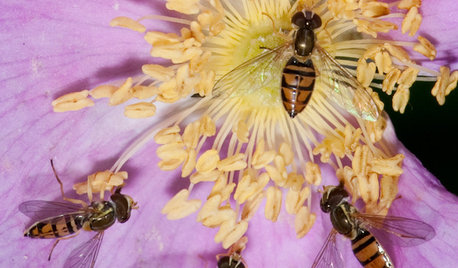
GARDENING GUIDESThis Fly Is One of the Most Beneficial Insects Around
Meet the syrphid fly, a colorful pollinator that also beats chemicals for controlling aphids and other garden pests
Full Story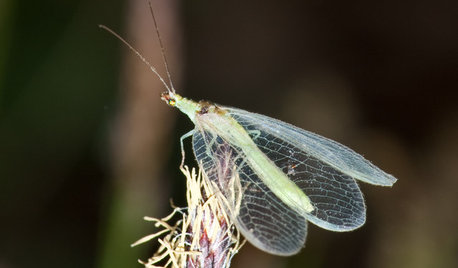
GARDENING GUIDESLook Out for Lacewings: Beneficial Insects Coming to a Garden Near You
Lacewings are delicate insects that produce alligator-like, hungry offspring that devour aphids and other garden pests
Full Story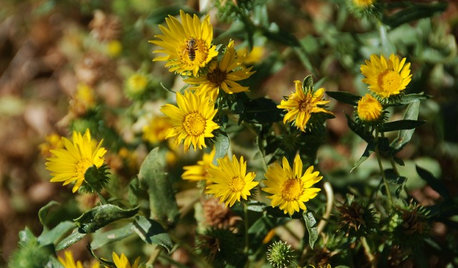
GARDENING GUIDESGreat Design Plant: California Grindelia Species for Beneficial Insects
Use gum plants as reliable summer bloomers and to provide habitat for California native bees, butterflies and other beneficial insects
Full Story0
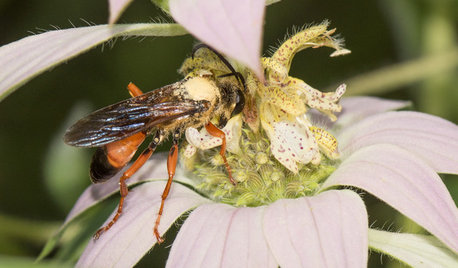
GARDENING GUIDESGreat Golden Digger Wasp: A Beneficial Flower-Visiting Insect
Introducing the great golden digger wasp, a colorful pollinator that also hunts foliage-eating insects
Full Story
EARTH DAYHow to Help Your Town’s Beneficial Birds and Bugs
Make a habitat using local materials to provide a home to the creatures that help our gardens
Full Story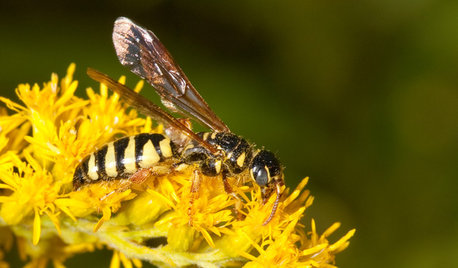
GARDENING GUIDESAttract Thynnid Wasps With Summer-Flowering Native Plants
These beneficial insects will hunt damaging beetle grubs in your lawn
Full Story
BENEFICIAL INSECTSAttract Pollinators for a Productive Edible Garden
You can lure bees, butterflies and birds into your yard with the right flowers and nesting spots
Full Story
GARDENING GUIDESOrganic Matters: Thwart Insect Pests With Trap Crops
Add a few sacrificial plants to your garden to lure insects away from the harvest
Full Story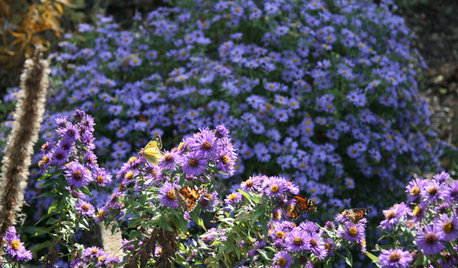
FLOWERS15 Native Flowers That Attract Butterflies
By picking plants from this list that are right for your location, you’ll get colorful blooms and support pretty pollinators
Full Story







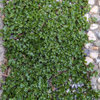
jean001a
jean001a
Related Professionals
Cary Landscape Architects & Landscape Designers · Goodyear Landscape Contractors · Stoughton Landscape Contractors · Battle Ground Landscape Contractors · Bellefontaine Neighbors Landscape Contractors · Davis Landscape Contractors · Dudley Landscape Contractors · Dunwoody Landscape Contractors · Fishers Landscape Contractors · Flagstaff Landscape Contractors · Lynchburg Landscape Contractors · Mendota Heights Landscape Contractors · Mercedes Landscape Contractors · Paramount Landscape Contractors · White Bear Lake Landscape Contractorsjean001a
jean001a
Kimmsr
roguejimOriginal Author
Kimmsr
jean001a
roguejimOriginal Author
jean001a
Tiffany, purpleinopp Z8b Opp, AL
Kimmsr
ronalawn82
Tiffany, purpleinopp Z8b Opp, AL
rhizo_1 (North AL) zone 7